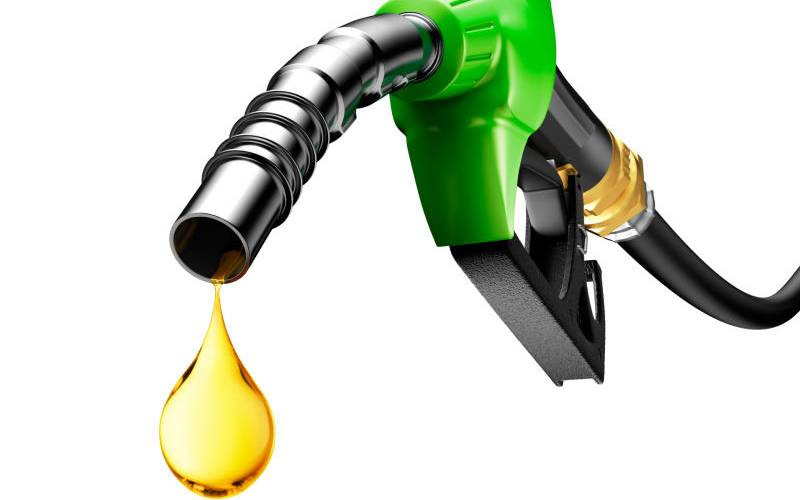×
The Standard e-Paper
Smart Minds Choose Us

The energy regulator has backed a controversial bid by the Kenya Pipeline Company to raise its transport and storage tariffs by up to 18.26 per cent signalling higher fuel prices over the next three years.
This is amid heightened pressure on the government to tame growing public outrage on the ballooning cost of living, squeezing Kenyan households by the day.